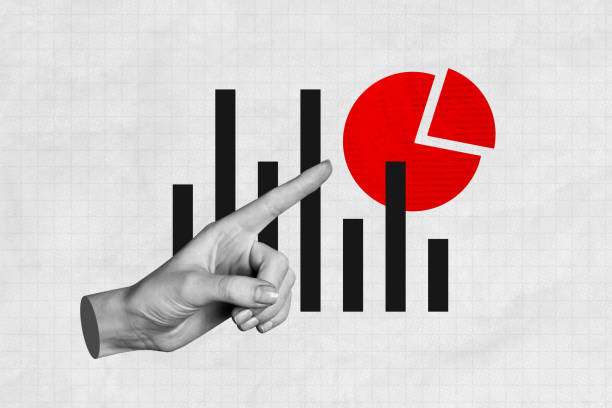Introduction
Stock markets are highly sensitive to global events. Political changes, economic crises, natural disasters, and pandemics can cause significant fluctuations in stock prices. Investors and traders closely monitor these events to anticipate potential risks and opportunities. This article explores how different global events impact stock markets and how investors can navigate market volatility.
1. Political Events and Stock Market Reactions
Politics plays a major role in shaping economic policies, regulations, and investor confidence. Political instability, elections, and policy changes can create uncertainty in the stock market.
Elections and Government Policies
- Presidential Elections – Stock markets tend to react to potential shifts in economic policies. For example, the U.S. stock market showed volatility during the 2020 election due to uncertainty over tax and trade policies.
- Trade Wars – Conflicts like the U.S.-China trade war (2018-2019) caused market instability, impacting technology and manufacturing stocks.
- Regulatory Changes – New government regulations, such as antitrust laws or environmental policies, can affect industry performance.
Geopolitical Tensions and Wars
- Conflicts between nations can lead to oil price spikes, currency fluctuations, and market sell-offs.
- The Russia-Ukraine war (2022) caused global stock market declines, with energy and defense stocks reacting the most.
2. Economic Crises and Stock Market Declines
Economic downturns have a direct impact on the stock market. When economies slow down, businesses earn less revenue, leading to lower stock prices.
Recessions and Market Crashes
- 2008 Financial Crisis – The collapse of Lehman Brothers and the subprime mortgage crisis led to a global market crash, wiping out trillions of dollars in value.
- Inflation and Interest Rate Hikes – High inflation reduces purchasing power, leading central banks to raise interest rates, which negatively affects stocks.
Currency Fluctuations
- A weakening currency can hurt import-heavy industries but benefit exporters.
- Brexit (2016) caused the British pound to fall sharply, impacting European and global markets.
3. Pandemics and Public Health Crises
Health crises such as pandemics can create market uncertainty, disrupt supply chains, and alter consumer behavior.
COVID-19 Pandemic (2020-2021)
- Stock markets initially crashed in March 2020, with the Dow Jones dropping over 30% in a few weeks.
- Technology and pharmaceutical stocks surged due to increased demand for remote work solutions and vaccines.
- Travel, hospitality, and retail stocks suffered massive losses.
4. Natural Disasters and Climate Change
Natural disasters like hurricanes, earthquakes, and wildfires can disrupt industries and affect global supply chains.
- Hurricane Katrina (2005) caused billions in losses and impacted insurance, energy, and tourism stocks.
- Wildfires and climate risks are influencing investment decisions, pushing investors toward renewable energy stocks.
How Investors Can Respond to Global Events
- Diversify Investments – Spread investments across different industries and regions.
- Stay Informed – Monitor news and economic indicators to anticipate market changes.
- Hedge Against Risk – Invest in safe-haven assets like gold, bonds, and defensive stocks.
- Take a Long-Term Approach – Short-term volatility is common, but markets tend to recover over time.
Conclusion
Global events—whether political, economic, or health-related—have a significant impact on stock markets. While some events cause panic and market crashes, others create investment opportunities. By staying informed and adopting strategic investment approaches, investors can navigate market fluctuations and make sound financial decisions.

